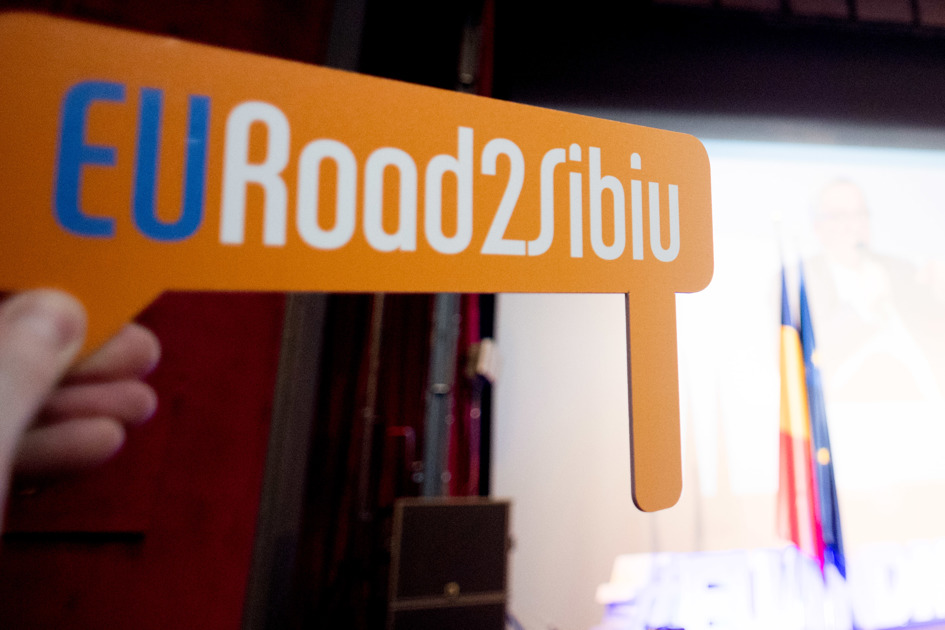The strategic agenda published by the European Council ahead of the meeting between heads of state in Sibiu this week reflects a number of the policies put forward by trade unions to restore confidence in the EU.
industriAll Europe welcomes plans to develop an industrial policy and invest in skills and education, which will be crucial to restoring the 4 million industrial jobs lost as a result of the financial crisis. Equally, efforts to promote a level-playing field in trade are crucial to stop European workers continuing to fall victim to unfair trade practices.
Promises to “reduce inequalities”, “ensure adequate social protection and inclusive labour markets” and “support communities in managing the green transition” to “make sure we leave no-one behind" are good but remain empty until they are turned into concrete actions.
Many of the same ambitions could be found in the last strategic agenda published by the European Council in 2014 and unfortunately many workers hit by austerity and liberalisation policies put in place after the financial crash haven’t felt a change of direction.
The recovery has been based on the creation of precarious and low-wage work which has left 10% of citizens in in-work poverty. It’s wrong that while executives and shareholders have felt the benefits of the recovery, workers who create the wealth have not seen an increase in real wages to deal with increasing costs for housing, heating and transport.
The result is that the Sibiu summit takes place on the eve of European elections in which far-right and anti-EU populists parties are set to take advantage of growing disillusionment.
Speaking ahead of the Sibiu summit, industriAll Europe General Secretary Luc Triangle said:
“On paper, the plan to be adopted by heads of state should set the European project in a more social direction after a decade of self-defeating austerity that created a crisis of trust in the EU.
“But the most important thing is that European leaders at every level turn these promises into concrete action over the next five years by giving social policies the highest political priority.
“Pandering to pressure to take a hard line on immigration will ultimately only increase the influence of populists – the only way to rebuild trust between workers and Europe is through enhancing social progress, building solidarity and creating decent jobs that allow a good quality of life for all.”
Ahead of the European elections, we have put forward a five point plan for a more social Europe:
- Jobs: Access for all to standard full-time open-ended contracts and a pay rise for workers across the EU to ensure they get a fair share of the wealth they’re generating.
- Social: Concrete and swift implementation of the principles of the European Pillar of Social Rights as part of an end to austerity and the creation of a reliable social safety net.
- Democracy: That collective bargaining of wages and working conditions be enforced along with the right to information, consultation and participation in company decisions.
- Manufacturing: A ‘Made in Europe’ industrial strategy that creates badly needed jobs and puts industry at the forefront of tackling societal challenges like climate change.
- Environment: A ‘Just Transition’ to a low-carbon economy which ensures that ambitious environment policies are matched by ambitious social policies.
You can read the full manifesto in English, French and German here: https://news.industriall-europe.eu/c/manifesto-2019
